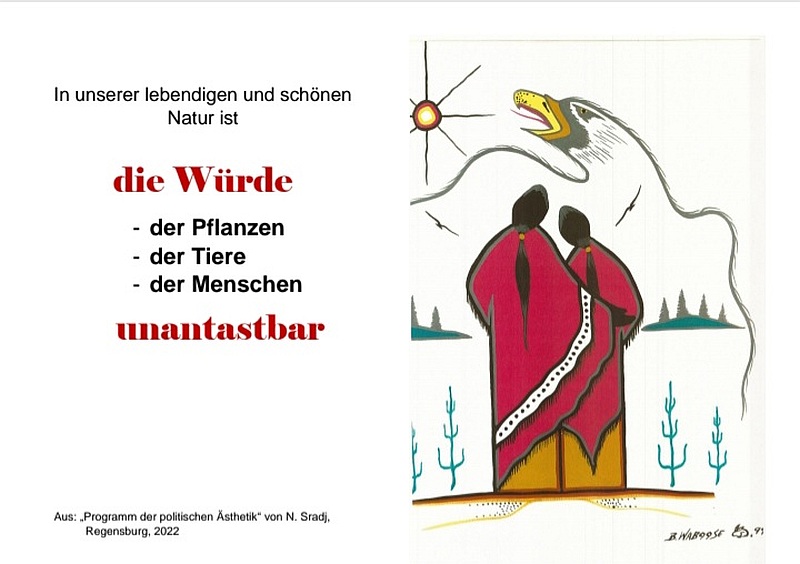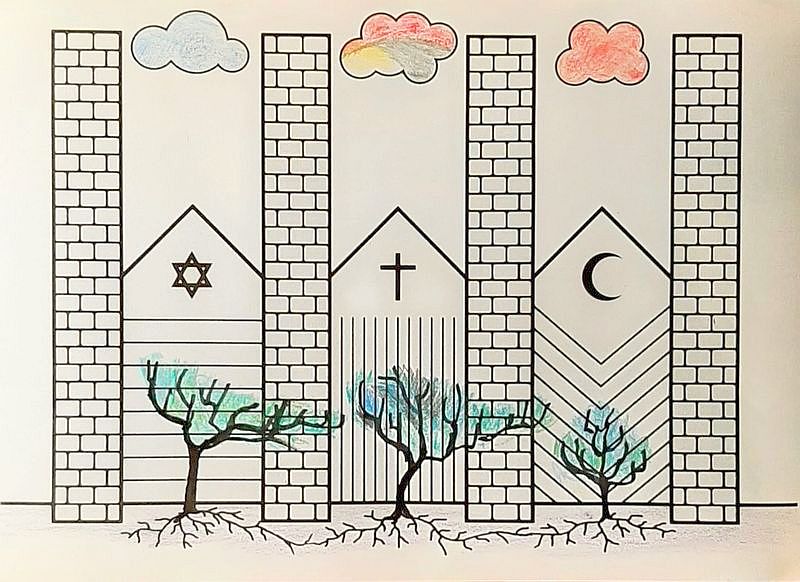Orientation in today's world + UNESCO in the crisis of bureaucracy
Dr. Nadim Sradj, M.A. Regensburg (Germany). Representative of the Union of Arab Physicians in Europe (ARABMED) at the UN in New York
February 2023 - Established institutions have many advantages, namely long-lasting experience, but also disadvantages, such as the stiffening and aging of the executive organs, which in the course of time develop into gerontocracy (rule of the old). We are currently observing a gap between the change in people's consciousness and a stagnation in the consciousness of institutions, comparable to the spiritual situation of the Curia in the Catholic Church, which Pope Franciscus has called "spiritual Alzheimer's."
This discrepancy in spiritual and moral development risks isolating such institutions away from society. Over time, this develops into a kind of institutional life of its own, comparable to the life of soldiers in barracks. As it progresses, this process can lead to alienation and also to anachronistic (outmoded) behavior.
In order to get out of this crisis, aesthetics offers itself on a sensory-physiological and sensory-pathological basis. Through it, one is able to perceive the signals of the time and the zeitgeist (spirit of the age) and to react to them adequately in the sense of a rational stimulus-response relationship. Furthermore, aesthetics opens our eyes to the creative perception of beauty and to its importance in human coexistence.
Aesthetics is the instrument of attentive sensation and critical judgment of actions and their results. The focus is not on particular interest, on the profit orientation, but on the recognition of values and of the sustainability of human decisions, also in relation to the environment. This means: preserving both the goods of the world cultural heritage, as a symbol of the national identity of a people, and taking responsibility for animals and plants, i.e. responsibility for nature as an indivisible living entity.

Till now, in many countries animals and plants are legally regarded as things, not as livings beings.
For animals and plants and intact nature also have a dignity that must be respected and defended by man and his institutions. However, as long as animals are legally considered "things" and treated accordingly, and as long as the overexploitation of natural resources (rainforest, fracking, etc.) continues, this is not the case. Here a rethinking away from anthropocentric to biocentric is imperative. The great earthquake of 2023 in Syria and Turkey is a signal of the monstrous force of nature, which clearly refutes Kant's sentence "Human reason dictates its laws to nature."

Human separation of heaven and earth in the three religions
